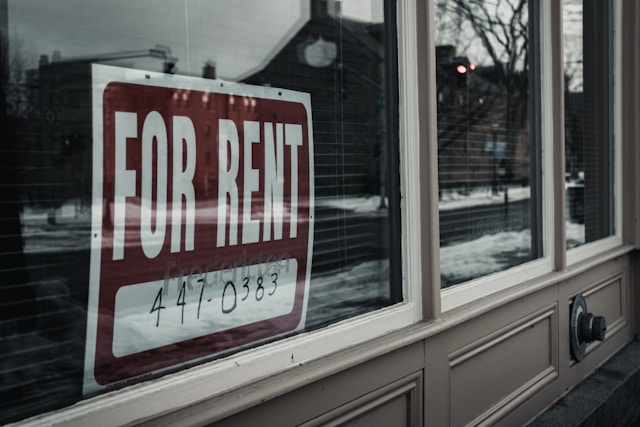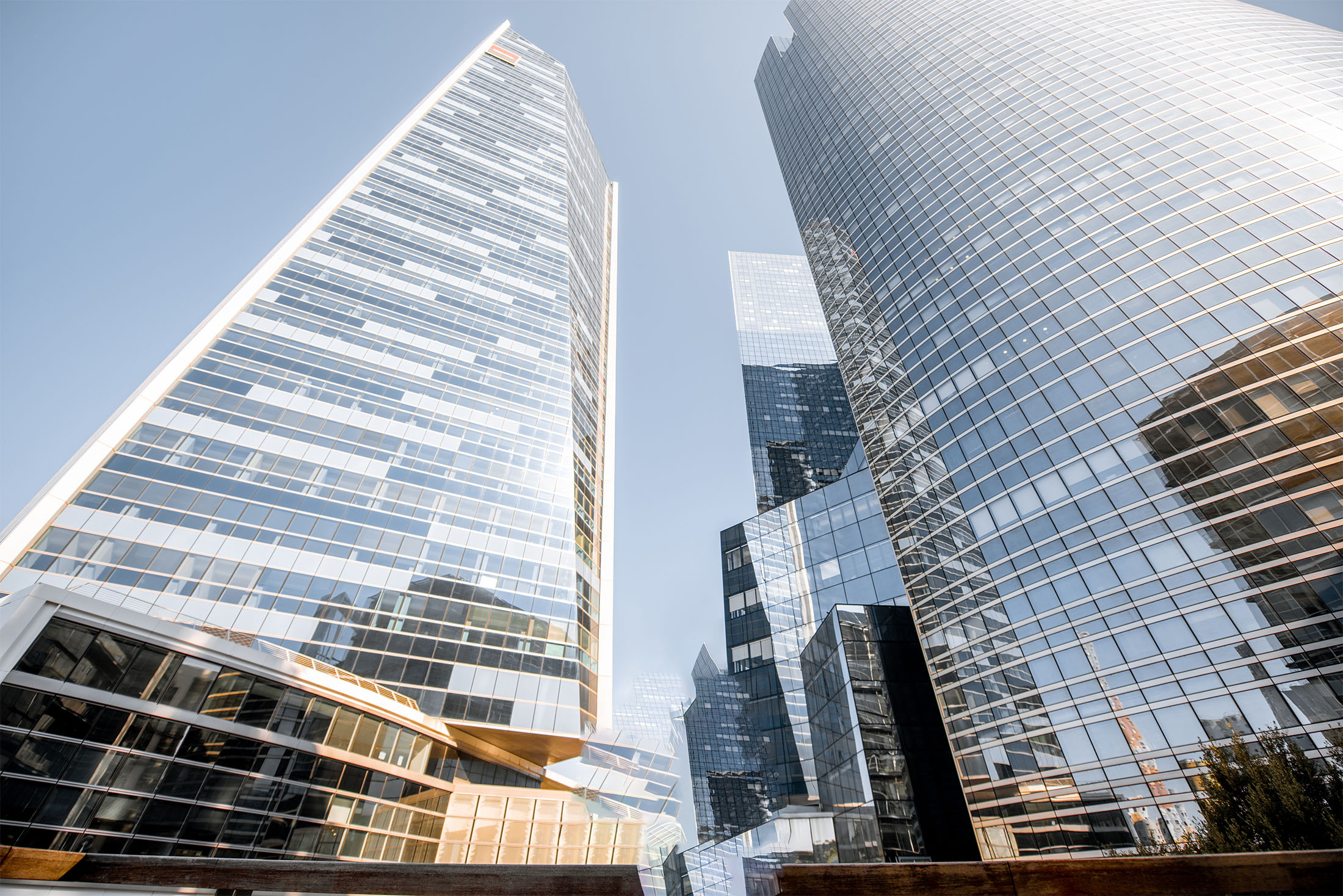
The state legislature recently passed a package of “Good Cause” eviction rules that are meant to protect renters. While housing advocates and people pushing for new renter protections did not get everything that they wanted out of the deal, there are still some new rules that can help protect renters and limit landlords who want to raise rents or decline to offer lease renewals. Here’s what you should know about Good Cause and when you might need a Long Island, NY landlord-tenant dispute lawyer.
What Would Be Considered “Good Cause” For Not Renewing a Lease?
Now, when a lease agreement ends, a landlord cannot just give a tenant no chance to renew. A landlord now must have “good cause” for not offering the tenant the lease renewal. Legally sound reasons for not renewing a lease include:
- Nonpayment of rent
- A tenant’s involvement in illegal activity
- The owner’s desire to change the purpose of the rented space
- The owner’s desire to demolish the building
How Do Good Cause Rules Affect a Landlord’s Ability to Raise Rent?
These new rules also limit how much the rent can be raised by when the lease gets renewed. In buildings covered by these rules, the landlord can raise the rent by a maximum of either 10% or 5% plus the consumer price index, or CPI.
If 5% plus the CPI equals less than 10%, then that percentage is the maximum amount that a landlord can raise the rent by. So a CPI of 3.5% would mean a maximum rent increase of 8.5%. If 5% plus the CPI is more than 10%, then 10% would be the maximum rent increase a landlord could push for.
Do Good Cause Rules Only Apply to NYC?
All Good Cause rules go into effect for the five boroughs immediately. Other cities and municipalities can opt into these rules if they choose to. Other parts of the state, like Albany and Kingston, already have their own similar rules in effect.
Are There Exceptions to These New Rules?
One of the sticking points in negotiations was who gets exempted from the rules. Multiple types of rental units will not be protected by Good Cause rules. This includes:
- Some luxury apartments
- Rentals in condos and coop buildings
- Rent-stabilized and rent-controlled units
- Apartments with 10 or fewer units and the landlord living there
- Newly constructed buildings
What Can I Do If My Landlord Violates These New Rules?
If your landlord violates these rules, you may have to bring them to court. A lawyer from our firm can help you with the necessary paperwork and support you as you fight to hold your landlord accountable.
Talk to an Attorney Today
If you believe that your landlord has violated the new Good Cause rules or you have another housing-related issue, contact David A. Gallo & Associates, LLP. We can schedule a consultation and tell you more about what our attorneys can do to help you.



